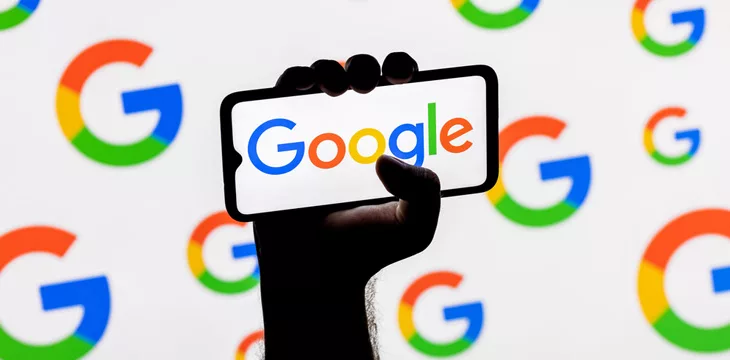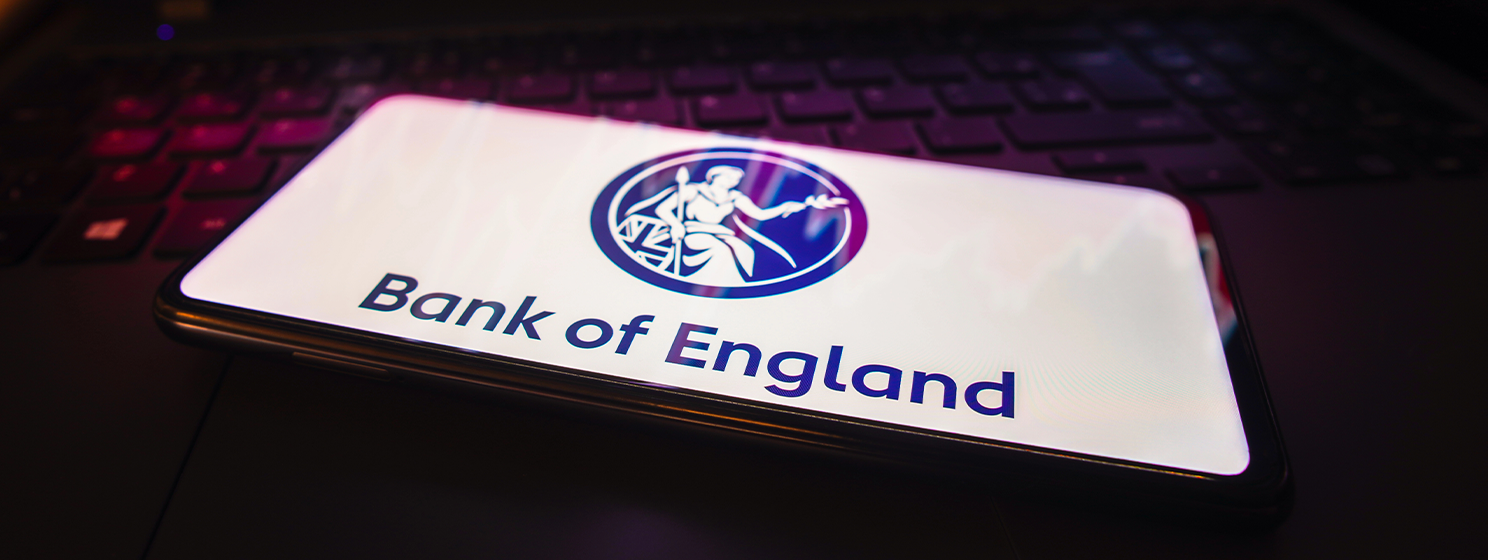|
Getting your Trinity Audio player ready...
|
Tech giant Google (NASDAQ: GOOGL) is seeking to dismiss a class-action lawsuit claiming it has violated the privacy and property rights of “hundreds of millions of Americans” by scraping data to train its artificial intelligence (AI) programs, such as its generative AI chatbot ‘Bard.’
The motion, filed with the U.S. District Court for the Northern District of California on Tuesday, argued that the claims against the company are based on a false premise “that training Generative AI models on information publicly shared on the internet is ‘stealing.'”
Instead, Google argued, “Using publicly available information to learn is not stealing. Nor is it an invasion of privacy, conversion, negligence, unfair competition, or copyright infringement.”
The company also suggested that allowing the lawsuit to proceed would “take a sledgehammer not just to Google’s services but to the very idea of generative AI.”
The class action was brought in July by eight individuals claiming to represent “millions of class members” and accusing Google of multiple violations, including invasion of privacy, negligence, and copyright infringement.
“Google has taken all our personal and professional information, our creative and copywritten works, our photographs, and even our emails—virtually the entirety of our digital footprint—and is using it to build commercial Artificial Intelligence (“AI”) products,” claimed the suit. “For years Google harvested this data in secret, without notice or consent from anyone.”
The class action argued that the plaintiffs’ privacy and property rights were violated under a Google privacy policy change a week before the suit was filed to allow data scraping for AI training purposes.
Google “quietly updated its online privacy policy last week to double-down on its position that everything on the internet is fair game,” said the plaintiffs. They also argued that “‘publicly available’ has never meant free to use for any purpose.”
In its October 17 response, Google argued that the complaint amounted to “irrelevant conduct by third parties and doomsday predictions about AI.”
Further, the tech giant argued that the complaint allegations were vague and did not appropriately explain the main accusations:
“Next to nothing illuminates the core issues, such as what specific personal information of Plaintiffs was allegedly collected by Google, how (if at all) that personal information appears in the output of Google’s Generative AI services, and how (if at all) Plaintiffs have been harmed.”
This case is one of several AI-related lawsuits currently before U.S. courts.
To name just a few, in January, three visual artists sued multiple generative AI platforms, alleging the companies used the artists’ works without consent or compensation to build the training sets that inform their AI algorithms; in February, Getty sued Stability AI, accusing the Stable Diffusion text-to-image AI program of improper use of its photos, and violating the copyright and trademark rights it has in its watermarked photograph collection; and in July, several authors filed a claim against OpenAI, alleging that their copyrights had been infringed in the training of the firm’s AI systems.
Google’s AI case is not the company’s first rodeo when it comes to improper data use lawsuits, which may have an impact on the success of its most recent motion to dismiss.
Favorable precedent for Google
Google successfully defended itself against a suit filed by the U.S. Authors Guild in 2005, which accused the tech giant of “engaging in massive copyright infringement” by reproducing for itself copies of published works for the purposes of informing its search engine and archive.
In 2013, the court sided with Google, granting a summary judgment request by the company to have the claims against it dismissed.
The U.S. Authors Guild appealed, but in 2015, the court upheld the decision, stating that Google’s “unauthorized digitizing of copyright-protected works, creation of a search functionality, and display of snippets from those works are non-infringing fair uses,” due to the “highly transformative” purpose.
While the facts of this case differ from Google’s more recent AI-related class action, it does set a precedent for the tech company successfully defending itself against accusations of copyright infringement over its data collection and use practices.
This may have been in the company’s mind when, on Tuesday, in an argument similar to the one favored by the courts in the Authors Guild decision, Google stated that “merely providing information about a copyrighted book or on the same subject matter does not constitute infringement”—the use is different, or ‘transformative,’ and therefore could potentially be considered ‘fair use’ under U.S. copyright law.
Another example of this argument was concerning its generative AI chatbot, Bard, of which Google stated that “the complaint must show substantial similarity between Bard or its output and the copyrighted expression in the book, but it does not even attempt to do so.”
It remains to be seen how the courts will decide in this case, but the peripherally relevant precedent seems to favor Google. If the decision in this case also goes the company’s way, it could have major implications for several AI-related cases currently working their way through the U.S. courts.
In order for artificial intelligence (AI) to work right within the law and thrive in the face of growing challenges, it needs to integrate an enterprise blockchain system that ensures data input quality and ownership—allowing it to keep data safe while also guaranteeing the immutability of data. Check out CoinGeek’s coverage on this emerging tech to learn more why Enterprise blockchain will be the backbone of AI.
Watch: Blockchain, IPv6, AI & 5G will pave the way for the new Internet

 02-16-2026
02-16-2026 




